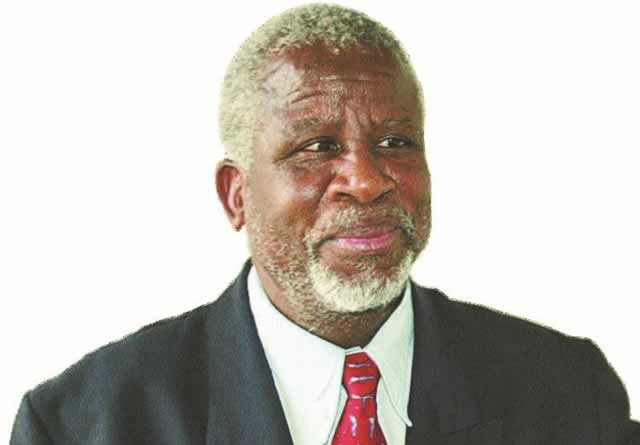8k graduates register for employment in diaspora

Felex Share and Samantha Chigogo Harare Bureau
At least 8,000 graduates from the country’s tertiary institutions have had their names captured for possible employment in several African countries with which Zimbabwe has signed agreements for labour exportation.
More graduates, Higher and Tertiary Education, Science and Technology Development Deputy Minister Godfrey Gandawa said yesterday, were still applying to be placed on the government’s database for job placements abroad and locally when opportunities arise.
The government in June invited all graduates from the country’s tertiary colleges since 1980 to forward their names for the possible employment.
“As of last week, 8,000 applications had been captured and there are hordes of applications being dealt with,” Deputy Minister Gandawa.
“Those doing that have in fact requested for more data capturers saying they are overwhelmed.”
The government is expected to financially benefit from the arrangement as the receiving countries will pay a certain amount, as well as cater for the welfare of the exported staff.
The development has been well received by academics and teachers unions who see the policy as promoting brain circulation, which has been linked to the rapid development of most Asian countries.
Countries such as India encouraged large-scale emigration of engineers from its premier institutions in the 1960s, who returned in the 90s as prospects improved markedly, have benefited from the brain movement.
Deputy Minister Gandawa said labour export would begin once consultations were completed.
“We will start exporting the labour once the human export policy has been approved by Cabinet,” he said.
“At the moment consultations are ongoing within various ministries. It’s not only for the parent Ministry (Higher and Tertiary Education, Science and Technology Development). Other Ministries like Public Service, Labour and Social Welfare, Foreign Affairs and Justice, Legal and Parliamentary Affairs are also involved.”
With Zimbabwe faced with an unemployment rate of 11 percent, according to the latest Zimbabwe National Statistics Agency report, many countries in Africa have expressed interest in recruiting local graduates.
The government is assisting thousands of jobless graduates, while it works on various ways of creating employment as espoused in its economic blueprint, Zim-Asset.
There are countries with many vacancies in various fields and local people have no access to them, hence the government’s decision to intervene.
Zimbabwe has already signed memoranda of understanding with countries such as South Sudan, Botswana, Angola and Namibia on labour export.
The database being created includes people who have graduated from the country’s tertiary institutions and those trained abroad since independence.
This will also give the government an indication of where some of its graduates are and how they are faring.
Countries like Cuba make money from exporting health staff and there are a number of doctors working in Zimbabwe from the Latin American country.
It has emerged that countries like South Sudan and Namibia need professionals such as teachers, engineers, pharmacists and administrators from Zimbabwe.
Zimbabwe’s universities churn out more than 10,000 graduates every year with thousands more coming from polytechnics, teachers colleges and other institutions of higher learning.










Comments